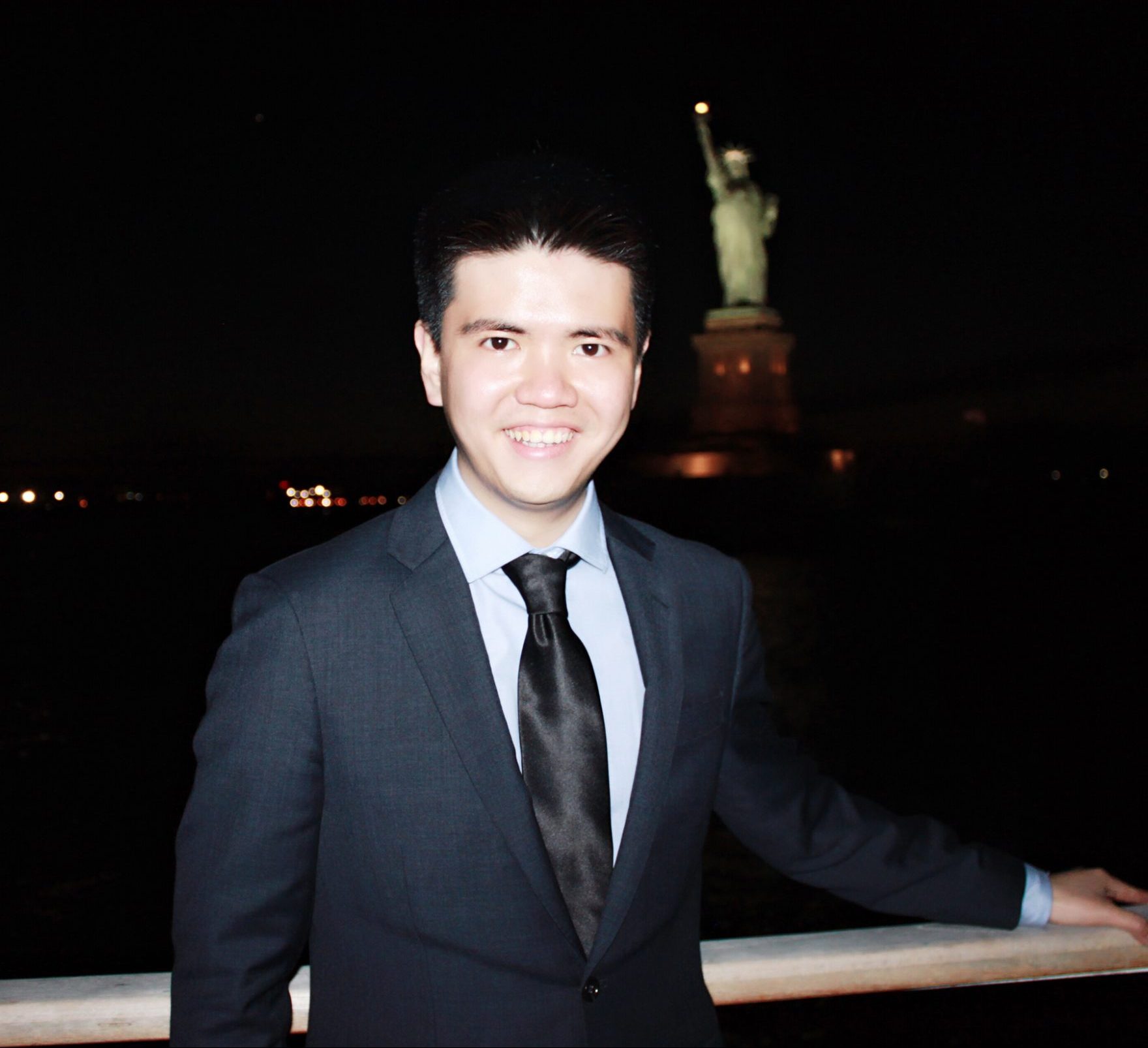Have you ever considered why you like listening to pop music if you’re a dedicated fan of today’s hit songs? What about how this music makes you feel and what psychological need it addresses that makes you so obsessed with it? Think about your favorite songs. Why do you fall in love with them and how do you feel each time you listen to them?
Pop music, as one of the most accessible slices of culture available to the general public, seems to be one of the major things in many people’s lives that feed their mind and soul. Whenever we want our experiences to be acknowledged, feelings to be clarified and emotions to be relieved, we resort to music. It is a part of our lives that we unconditionally believe would never exert judgment and always understand us.
In Asia, it seems that most pop music resolves the complexity of people’s emotions — especially the negative ones — by primarily acknowledging their feelings and guiding them to derive meaning from these experiences. Rarely do listeners in Asia encounter a pop song that enhances the quality of people’s mental lives by bringing their attention to themselves and encouraging them to recognize their intrinsic value.
This is understandable. After all, collectivism is embedded in Asian culture where the individual voices are naturally de-emphasized. However, in the recent decade, an Asian artist known as Jolin Tsai seems to be a pioneer who has been actively negating this norm in Asian music. Her feature in Starr Chen’s recent pop hit “Ego-Holic” is a perfect example of this, as it highlights the way in which the song encourages individuality and amplifies the value of personal uniqueness.
Two main elements of “Ego-Holic” could easily stand out to its audience: the lightness that resonates with its carefree theme that conveys a sense of individuality, and the repetitive musical and lyrical pattern of the song.
The lightness is mainly constructed and amplified by its upbeat tempo and low-to-high chord progression, which symbolizes the transition from suppression to liberation. The amplitude in emotional expression could easily be felt even at the beginning: The fast and strong yet calm pace of the beat exudes a sense of conviction and firmness.
Though the tempo sounds inspiring and intense, the singer’s voice sounds spirited and carefree, which further strengthens the impression that she is so unencumbered and easygoing that she does not bother to explain or clarify anything.
However, the volume increases and the emotion intensifies as it comes to the lyrics, “Be relaxed, and poised, and bold in your attempts.” As the pace of the melody accelerates, Tsai continues to make a strong statement — not to anyone else, but to herself: “When you look in the mirror, you should smile / It’s okay even if no one else is around / With myself, I’m on the best terms.”
The chorus follows and the term “Ego-Holic” repeats several times to reinforce its primary theme, intertwined with an “Ah” sound of progressing strength that signifies personal distinction. The song and its usual liveliness that embodies the unconditional validation of self-esteem reaches its climax at 2:11 with the following lines: “Able to hurt, able to itch, able to laugh heartily / No need to cover it up / There isn’t such a thing as ‘should not be stubborn.’ … Happy and willing to vow / I am the most wonderful construct.”
In addition, the syncopated rhythms throughout the song add another element of musical intricacy that help to tighten the pace of the narratives and firmly grasp the audience’s attention.
The melodic “lightness” of the whole song never diminishes its meaning. “Take care and shape up, don’t want to be told what to do / No audience has the right to restrict you,” for example, reveals to the listeners that they have the right to define themselves and make their choices, and people who exert forces upon you are merely the audience and never the decision-maker on the stage.
Similarly, “I love myself, devil or angel” reminds audiences of the intrinsic value of their lives and, “It’s fine even if there is nobody else around / I am on the best terms with myself” further reinforces that there is little correlation between external recognition and self-value. Each of these lyrics is sung with absolute belief and without any hesitation.
“Ego-Holic” feels remarkably relevant at a time when social media floods our lives and pollutes people’s perceptions of their self-value and happiness through toxic comparisons.
According to psychology research, self-perception and self-evaluation could depend more on the way one measures up to relevant peers than on the absolute nature of one’s performance. In reality, people may tend to only disclose the positive sides of their lives to others that could consciously or subconsciously trigger the comparison among peers.
With these social comparisons, people may feel devalued, anxious and frustrated by their lower perceptions about themselves.
Tsai’s feature advocates that people should always be aware of their everlasting intrinsic value as well as the importance of maintaining positivity in life and having a healthy self-esteem. This could be an important foundation for resilience, especially when people are faced with harsh circumstances.
“Ego-Holic” is a groundbreaking song that should be celebrated for diminishing the reference points for social comparison, converting people’s focus from the external environment to themselves and eliminating the anxiety that occupies people’s limited pool of mental energy.
















